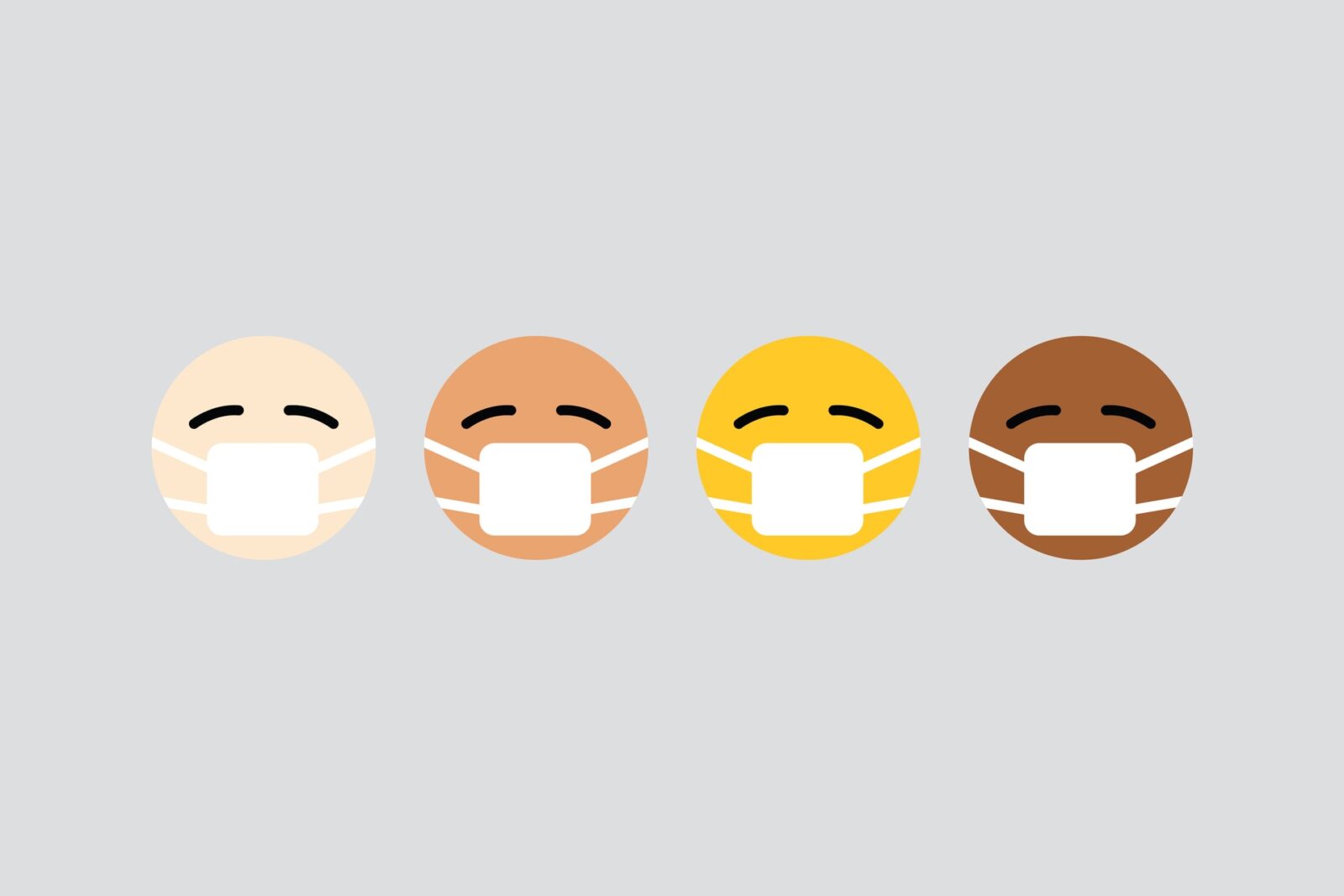While we hear more and more about the infection with Delta Coronavirus, scientists are doing their best to find out the efficiency that vaccines have against it. Their reports are very different unfortunately.
Different statistics
Researchers collected data from different parts of the world to compare the effectiveness of the Pfizer-Bio-NTech vaccine. In May 2021, studies were showing that the British vaccinated population with two doses of Pfizer was protected in a proportion of 88% from symptomatic disease.
A study from Scotland, made last month, demonstrated that the effectiveness of the vaccine was 79%. This month in Canada, researchers concluded that the vaccine was 87% efficient. On the other side of the world, in Israel, the Ministry of Health claimed that the vaccine was just above 60% effective, declining from almost 100% declared in May when the new variant of the virus started to dominate.
It is much more complicated to keep tracking about the effectiveness of the vaccine because, once the Delta hits the world, can no longer command who receives a vaccine and who does not.
“We just have to take everything together as little pieces of a puzzle, and not put too much weight on any one number,” says Natalie Dean, a biostatistician at Emory University.
Solutions
There could be a possibility to compare each vaccinated people with a partner that did not receive the vaccine. They should be the same age and health even coming from the same neighborhood. But this would be a giant effort.
For example, the ones who are getting tested can also influence the statistics. In Israel, people were encouraged to test themselves even not having any symptoms, which is not so common in other countries.
Certain studies
But still, there is some good and certain news that can be trusted. Most of the Covid-19 vaccines are efficient and can keep people far from the hospital and protected against the new variant.
“Their overall implications are consistent: that protection against severe disease remains very high,” conclude Naor Bar-Zeev, a professor at the Johns Hopkins Bloomberg School of Public Health.























Leave a Reply